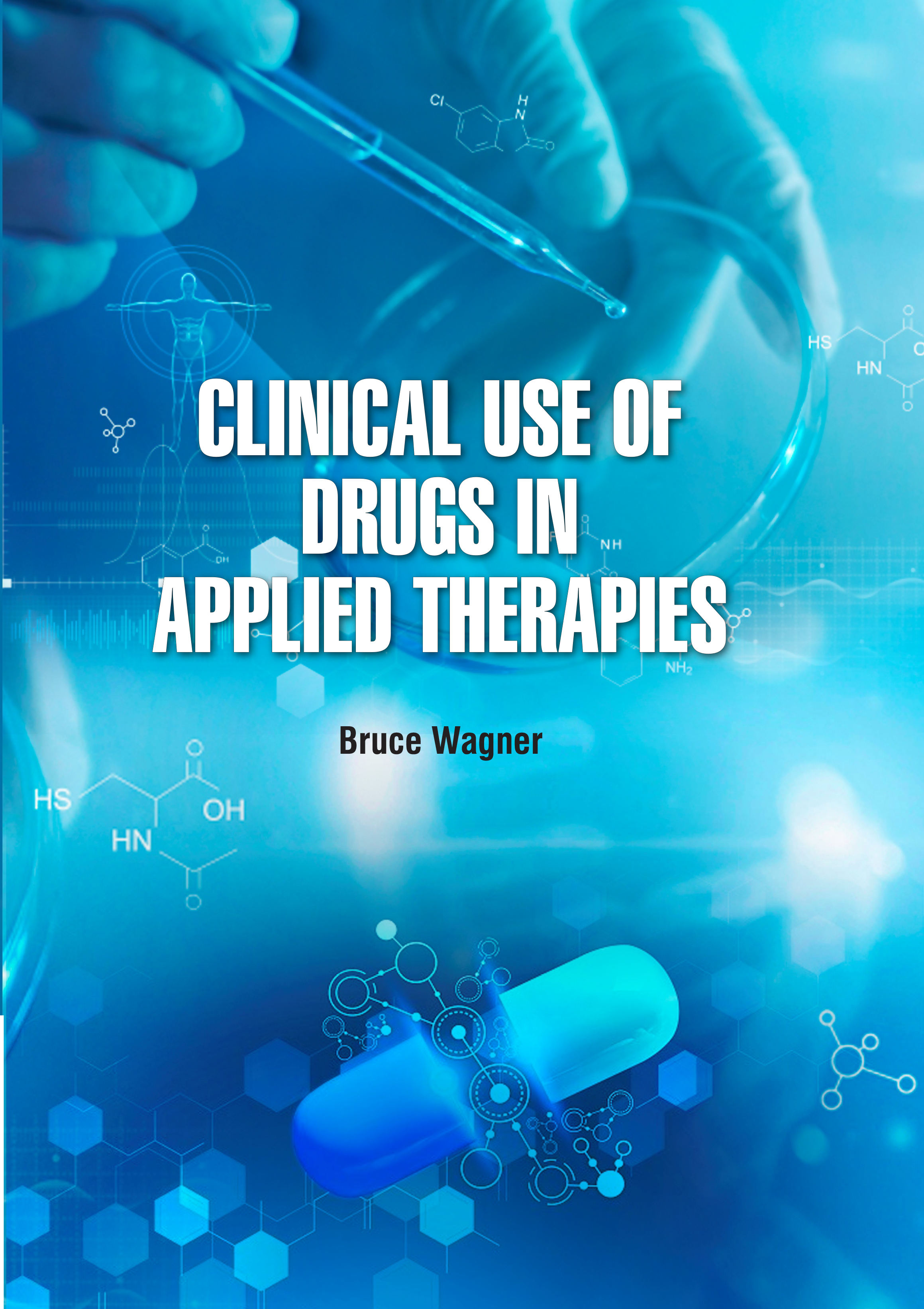
Clinical Use of Drugs in Applied Therapies
by Bruce Wagner
| ISBN | 9789372424966 |
|---|---|
| Publisher | Digital Drive Learning |
| Copyright Year | 2026 |
| Price | $259.00 |

by Bruce Wagner
| ISBN | 9789372424966 |
|---|---|
| Publisher | Digital Drive Learning |
| Copyright Year | 2026 |
| Price | $259.00 |
Therapeutic drug monitoring of concentrations of drugs in body fluids, usually plasma, can be used during treatment and for diagnostic purposes. The selection of drugs for therapeutic drug monitoring is important as the concentrations of many drugs are not clearly related to their effects. For selected drugs therapeutic drug monitoring aims to enhance drug efficacy, reduce toxicity or assist with diagnosis. Despite its apparent advantages, it has inherent limitations. Rational use of medicines requires that patients receive medications appropriate to their clinical needs, in doses that meet their own individual requirements, for an adequate period of time, and at the lowest cost to them and their community. Therapeutic drug monitoring involves not only measuring drug concentrations, but also the clinical interpretation of the result. This requires knowledge of the pharmacokinetics, sampling time, drug history and the patient's clinical condition. Modern drug discovery involves the identification of screening hits, medicinal chemistry and optimization of those hits to increase the affinity, selectivity (to reduce the potential of side effects), efficacy/potency, metabolic stability (to increase the half-life), and oral bioavailability. Once a compound that fulfills all of these requirements has been identified, it will begin the process of drug development prior to clinical trials. One or more of these steps may, but not necessarily, involve computer-aided drug design. Applied Therapeutics represents a much more effective teaching text for practicing physicians, large offices, and students who wish to learn about practical pharmacology. This text takes the reader through the basics of drug therapy.